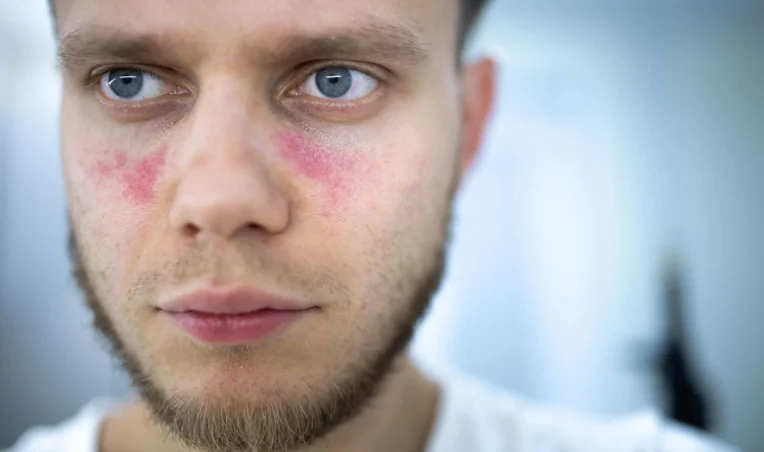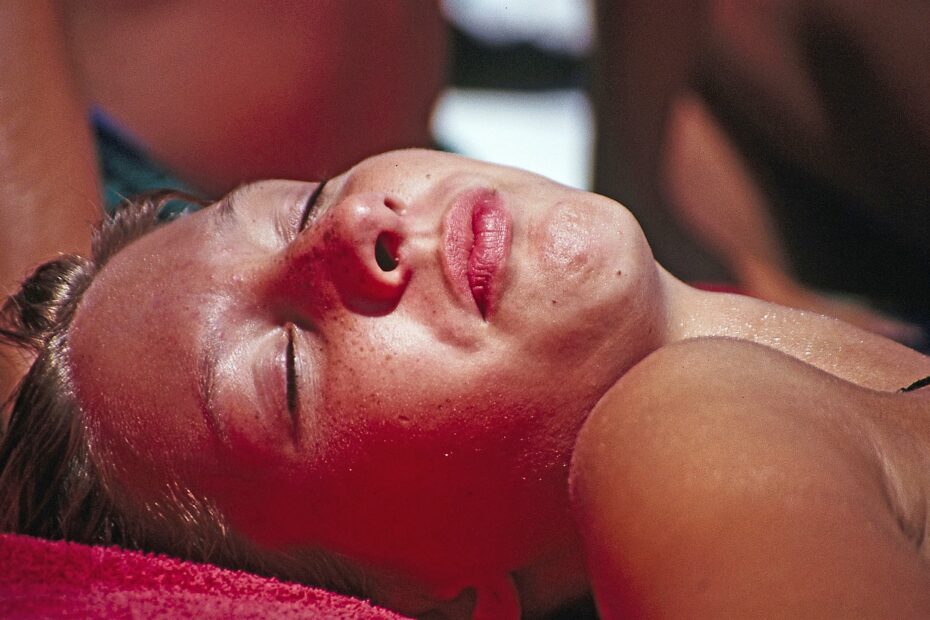COVID-19 has not only brought panic but has immensely limited people’s movements and interactions, taking a toll on some individuals. It’s no wonder many people seek ways to relax and cope with anxiety, fear, and frustrations.
Birthdays, holidays, and other significant events are a little different this past year. And some public places are closed especially those that are for entertainment such as cinemas and theatres like the ones you can find here. People are encouraged to go to less crowded, open areas or stay home to protect people from the virus.
But since several vaccine types for COVID-19 were released, the government has started allowing travel again with very particular protocols and guidelines.
The Memorial Day weekend is unofficially the beginning of summer and an opportunity to have a mini-vacation with family or friends.
For vaccinated people, enjoying a day outside while basking in the sun is the best way to begin summer.
But for lupus patients, the risk is twice greater due to their high sensitivity to the sun and susceptibility to the virus.
While some individuals have plans to go on a road trip or have a grill fest and mini picnics in the backyard, it is best for people to prioritize safety, not only from the virus but the sun as well.
Contents
Protecting Your Skin From Sunburn

While most people would love to get the perfect tan this summer, lying under the sun for a long time will only result in red and painful burns on the skin.
Anyone who spends too much time exposed to the sun is at risk of skin and cellular damage from the sun’s UV rays.
However, people with lupus are more photosensitive, and their body is more vulnerable to UV damage.
They experience swelling and get blisters or sunburn-like rashes when their skin gets exposed to the sun.
These adverse reactions from UV rays can develop or trigger more systemic immune responses in the body. They may result in fever, extreme fatigue, joint pain, or light-headedness.
Repeated and intense exposure to UV light does not only result in sunburn but may heighten the risk of skin damages and diseases, such as(1):
- Rough spots
- Dry and wrinkled skin,
- Dark spots
- Skin cancer (Melanoma)
- Premature aging of the skin
- Eye damage
Even when people with lupus stay indoors, they should practice necessary precautions to protect themselves from UV rays. Below are ways to stay protected from the sun.
Put Sunscreen On

One should apply a liberal amount of sunscreen with SPF 30 or higher every day.
If a person is staying out in the yard, he or she should apply sunscreen for at least 15 minutes before going out to get broad-spectrum protection from UV rays.
When applying sunscreen, people should make sure to cover the legs, arms, neck, face, and other exposed areas of the skin.
Individuals can apply more sunscreen to their skin every two hours. This practice is especially helpful when they go swimming or if a person sweats profusely.
Wear Protective Clothing
Tightly woven clothes can often give full-coverage skin protection than shorts and tank tops.
Wearing lightweight, long sleeves, loose leg pants, or a long, lightweight skirt in the summer is an ideal way to stay protected from the sun.
People can also wear wide-brimmed hats and sun-protective sunglasses when they are outside.
Stay in the Shade

Although applying sunscreen and wearing protective clothing may help individuals with lupus protect themselves from the sun, staying indoors is still the best option to avoid sun damage.
Avoid going out in the sun from 10 AM to 4 PM because the UV rays are more intense and harmful during those times.
People may schedule outdoor activities early in the morning or the afternoon to prevent too much UV exposure.
Even when in the house, use UV blocking shades to cover the windows and avoid sun rays.
Light bulbs with low irradiance are also one way to reduce UV exposure. Even the fluorescent bulbs should come with a light shield to filter their UV rays.
Be Mindful of Sun-Sensitizing Medications
It is best to ensure that an individual who will go out in the sun is not taking any medications that can make them more sensitive to sunlight.
These medications include retinoids, ibuprofen, and antibiotics. Individuals with lupus are advised to speak with their doctor or dermatologist before exposing themselves to the sun.
COVID-19 Protocols to Consider This Memorial Weekend

According to the Centers for Disease Control and Prevention (CDC), fully vaccinated people can go back to usual activities without wearing masks or practicing social distancing(2).
However, certain restrictions and protocols are dependent on territorial and state laws and regulations.
Fully vaccinated individuals can also go on domestic trips without undergoing screen tests and quarantine.
However, they still have a reduced risk of transmitting SARS-CoV-2 and a minimal risk of getting the virus when doing outdoor and indoor activities.
People living with lupus can’t take that risk.
What Is Lupus?
Lupus is characterized by inflammation caused by the body’s immune system attacking organs and tissues(3). It can affect blood cells, skin, joints, lungs, heart, kidneys, and even the brain.
A facial rash is one of the most common signs of the condition. This rash looks like the wings of a butterfly on both cheeks. However, it may be difficult to diagnose this disease because it shares similar symptoms with other conditions.
Lupus may be triggered by infections, sunlight, or certain medications. Currently, there is no cure for lupus(4). But treatments, such as immunosuppressants, nonsteroidal anti-inflammatory drugs, and corticosteroids, may help control its symptoms.

